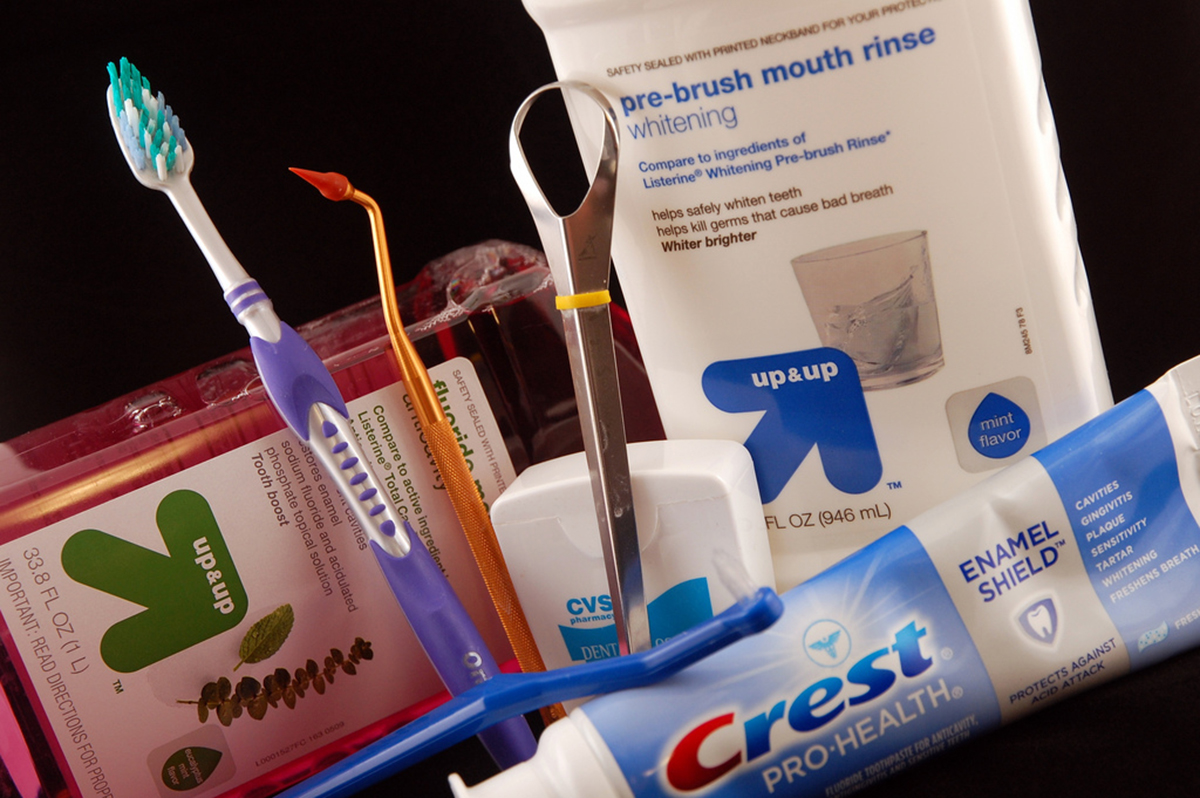Table of Contents
So the next question arises: Is brushing more than two times a day harmful?
While it may not be harmful, the point remains that it is overkill. An exception to the rule is there if a particularly sticky food article is eaten during the day. At least rinsing out the mouth to ensure that sugar, which acts as a source of nutrition for pathogenic bacteria, is cleared from the oral cavity as soon as possible.

Choosing Your Toothpaste
If you have noticed, then up until now there has been no mention of the kind of toothpaste that is recommended for use. So, does the kind of toothpaste you use have an impact on your oral health? The answer to this question is that while the kind of toothpaste has a role to play, it is not as important as the multiple companies peddling their wares would have you believe. The reasoning behind is that plaque removal is a mechanical process.
Toothpaste though make brushing a much more pleasant experience thanks to the flavoring components inside it. They also have certain components like fluoride that has been proven to prevent in the occurrence of certain dental diseases. Use a toothpaste that has been tested and approved by the regulating authority in your country. In some countries, particularly some Asian and African countries, herbal tooth pastes and tooth powders that are extremely abrasive and thus detrimental to the teeth are popular.
What You Need To Know About Flossing
Our teeth are tightly joined to each other and it is extremely difficult to reach the interdental areas of the teeth. In such situations, the use of a floss is commonly recommended. This, however, is now changing. Plenty of practitioners have noted that over-zealous flossing has caused recurrent gum injury, eventually leading to recession and tissue loss. Also, waxed floss — which is very popular as it is easier to slide throughout the tight contacts between teeth — leaves a layer of this wax on the teeth, which in turn acts as a plaque retentive feature.
Patients may otherwise choose to floss on their own and it is recommended that they learn the proper technique to avoid causing injury to their gums.
Use Of Mouthwash
There are two kinds of mouthwashes that are available in the market: Medicated and Non medeicated. Medicated mouthwashes that prevent the build up of plaque should only be used on the recommendation of your dentist, while non medicated mouthwashes may be used as matter of routine.
While choosing the mouthwash, MAKE SURE YOU READ THE INGREDIENTS and choose one which does not have any sort of sugar additive. These non medicated mouthwashes may promise to prevent everything under the sun, however only serve to mask a mild halitosis. They are NOT a substitute for brushing under any circumstances.
See Also: What To Expect From Dental Implant Surgery
- Photo courtesy of Kingfox via Flickr: www.flickr.com/photos/kingfox/2692025853
- Photo courtesy of Steve Snodgrass via Flickr: www.flickr.com/photos/stevensnodgrass/4025528825
- 1. Educational issues in oral care.Seminars in Oncology Nursing.Volume 20, Issue 1, February 2004, Pages 48–52
- 2. http://www.surprisepd.com/common-oral-hygiene-mistakes/
- 3. http://www.huffingtonpost.ca/2014/04/28/brush-your-teeth_n_5226506.html


Your thoughts on this